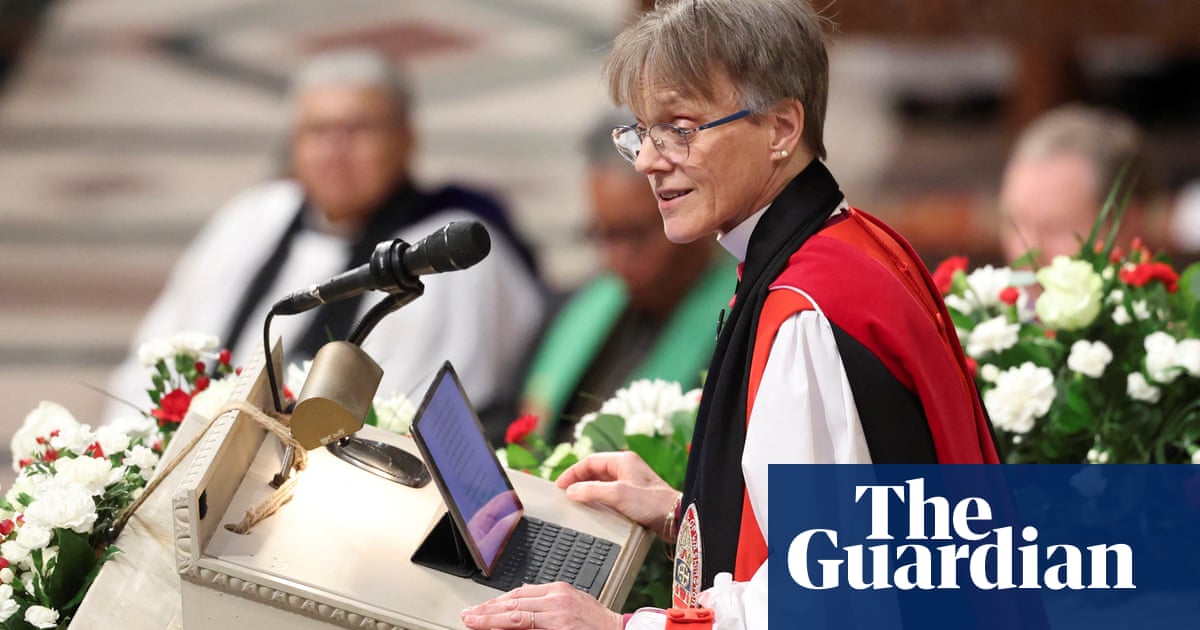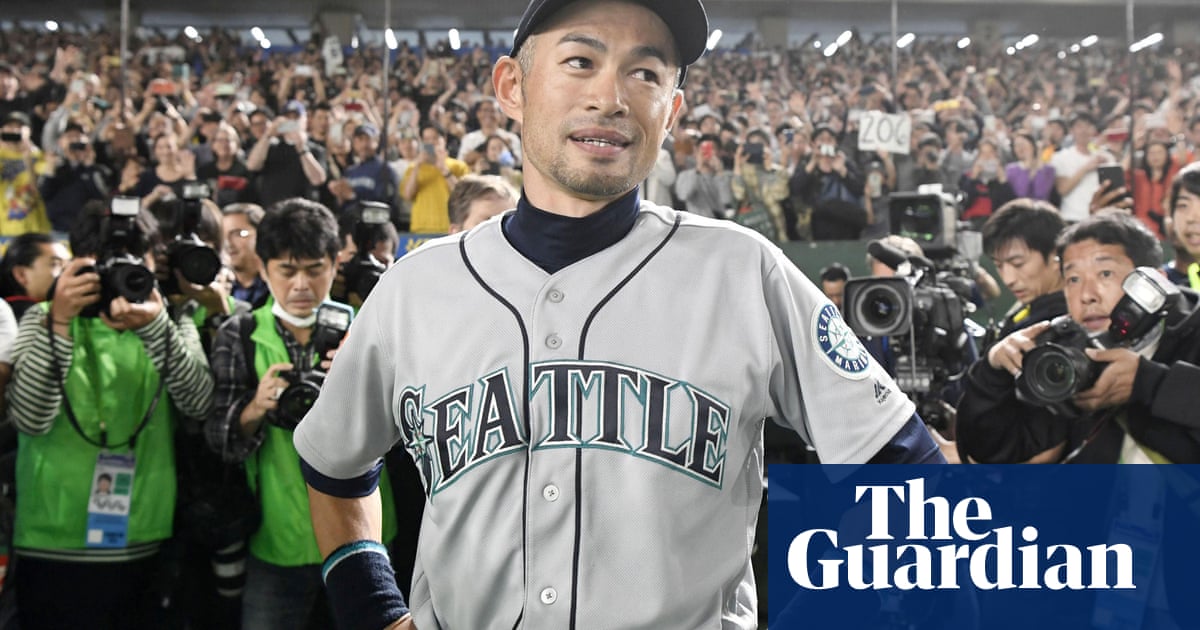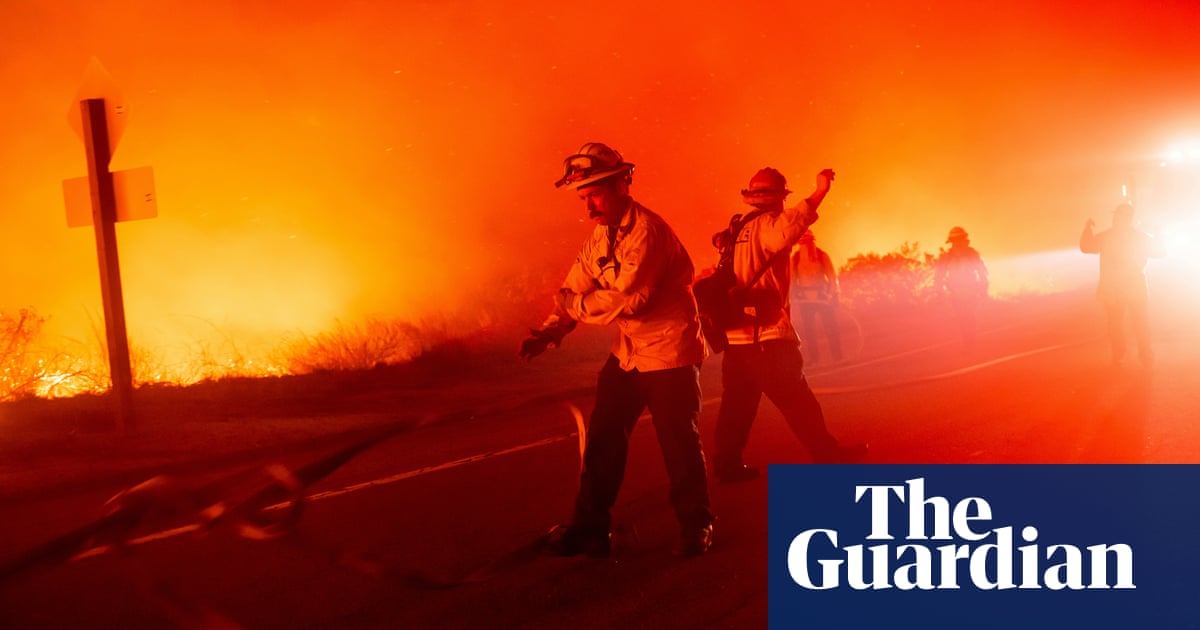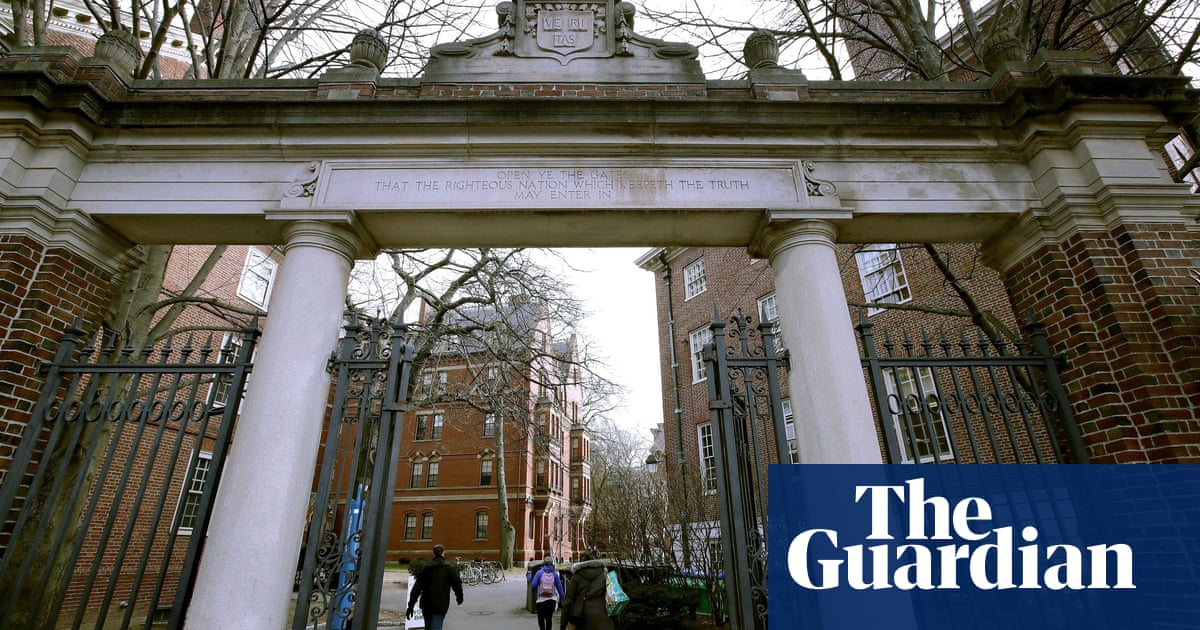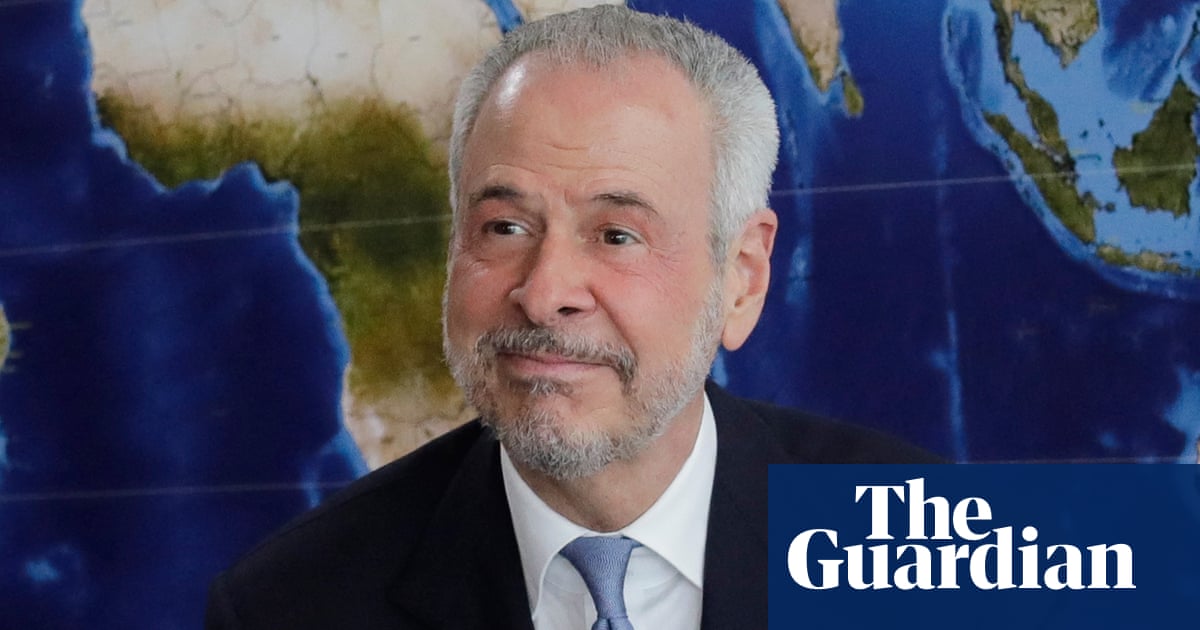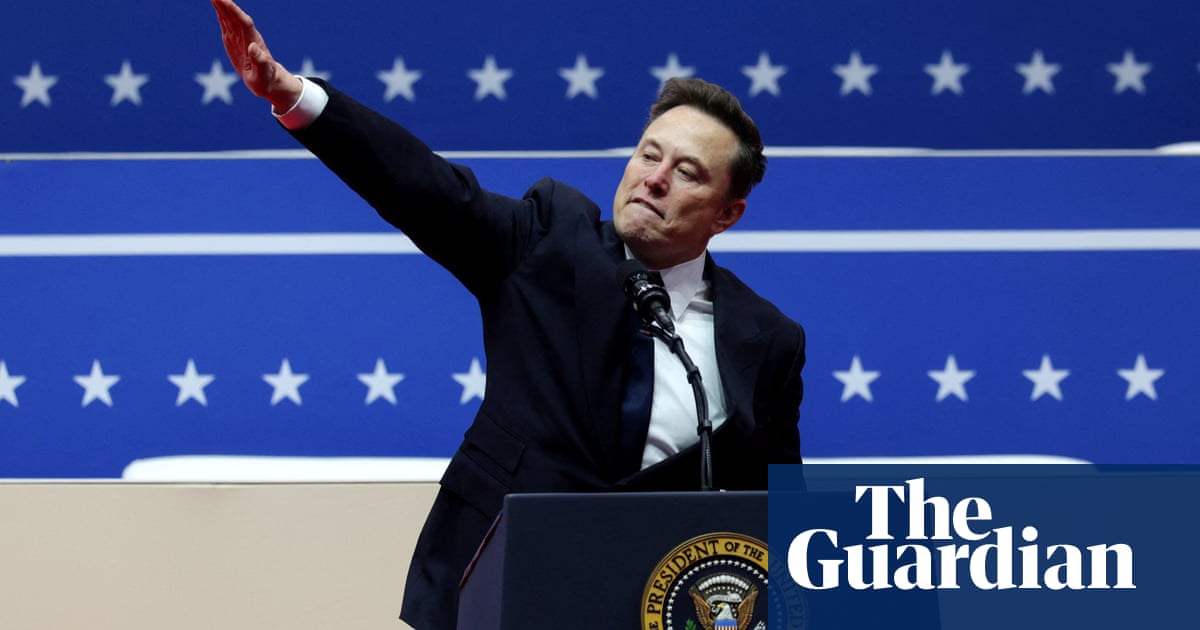January

Nonfiction
The Bright Side: Why Optimists Have the Power to Change the World by Sumit Paul-Choudhury (Canongate)
The science journalist, who lost his wife to ovarian cancer, investigates the potent emotional forces that drive us on in the face of great hardship. Why do we have this capacity for optimism, and what distinguishes it from wishful thinking?
Brooke Shields Is Not Allowed to Get Old: Thoughts on Ageing as a Woman by Brooke Shields (Piatkus)
The former child actor looks back at her decades-long career under a frequently harsh spotlight and reflects that, despite her industry’s obsession with youth, age brings autonomy and freedom.
Open Socrates: The Case for a Philosophical Life by Agnes Callard (Allen Lane)
Professor of philosophy and a public intellectual for the internet age, Callard shows how Socrates can inform the way we live our lives – from romance to politics – nearly two and a half thousand years after his death.
Hope: The Autobiography by Pope Francis (Viking)
Pope Francis planned to release this memoir only after his death, but apparently “the needs of our times … have moved him to make this precious legacy available now”. It will be the first ever papal autobiography.
The Extinction of Experience: Reclaiming Our Humanity in a Digital World by Christine Rosen (Bodley Head)
The columnist and commentator looks at the way technology erodes opportunities for in-person interaction – and urges us to reclaim the real-world experiences that make life worth living.
Dare I Say It: Everything I Wish I’d Known about Menopause by Naomi Watts (Vermillion)
When the Oscar-nominated actor began to experience symptoms of menopause at the age of 36, she was confronted with a vast gap in her own knowledge, but also in the advice and information available. Here she attempts to redress the balance.
The Nazi Mind: Twelve Warnings from History by Laurence Rees (Viking)
Popular historian Rees takes a psychological approach to the question of why senior Nazis and ordinary Germans were able to commit atrocities, and warns us of signs to look out for in contemporary life.
The Loves of My Life: A Sex Memoir by Edmund White (Bloomsbury)
The American novelist, critic and doyen of queer literature looks back, aged 84, at his own sexual past, from furtive encounters in the 1950s midwest to app-facilitated hookups in the 2000s.
I’ll Never Call Him Dad Again: Turning Our Family Trauma of Chemical Submission into a Collective Fight by Caroline Darian (Lagom)
The daughter of Gisèle Pelicot, whose husband was convicted for repeatedly drugging and raping her over a number of years, tells her mother’s story, and attempts to give a voice to “all the invisible victims’’.
Fiction
Another Man in the Street by Caryl Phillips (Bloomsbury)
Phillips’s first novel in seven years explores the complicated legacy of Windrush through the portrait of one West Indian man in London, from the 60s to the present day.
Disappoint Me by Nicola Dinan (Doubleday)
The follow-up to the buzzy Bellies is another deft contemporary study of love, gender identity and social etiquette.
Oromay by Baalu Girma, translated by David DeGusta and Mesfin Felleke Yirgu (MacLehose)
A classic of Ethiopian literature, first published in 1983 and widely believed to have cost the author his life for its political satire, translated into English at last.
Rejection by Tony Tulathimutte (4th Estate)
The pressure points of modern life – sex, identity politics, the influence of the internet – are probed in a provocative novel-in-stories from the American writer who Carmen Maria Machado has called “a pervert, a madman and a stone-cold genius”.
Onyx Storm by Rebecca Yarros (Piatkus)
The Hunger Games meets Fifty Shades, with dragons: the eagerly awaited third novel in the romantasy series that’s become a global phenomenon.
Children’s
People Like Stars by Patrice Lawrence (Scholastic)
Lawrence’s first contemporary middle grade novel centres on fractured families, as three 13-year-old strangers are connected by a secret.
YA
The Romantic Tragedies of a Drama King by Harry Trevaldwyn (First Ink)
A warmly funny romcom debut in the Heartstopper vein from the actor and comedian.
February

NonfictionResistance by Steve McQueen (4th Estate)
The story of British activism through photographs, curated by artist and film-maker Steve McQueen, and accompanied by memories and reflections from Gary Younge, Paul Gilroy, Shami Chakrabarti and others.
Source Code: My Beginnings by Bill Gates (Allen Lane)
Harvard drop-out turned billionaire Gates tells the story of his childhood and the burgeoning interest in technology that would lead to his founding of the world’s most successful software company.
The World after Gaza by Pankaj Mishra (Fern)
The author of The Age of Anger addresses the Israel-Gaza war and imagines its aftermath, including the necessary recalibration of notions of power, human rights and western moral leadership.
Get In: The Inside Story of Labour Under Starmer by Patrick Maguire, Gabriel Pogrund (Bodley Head)
Investigative journalists Maguire and Pogrund go behind the scenes of Keir Starmer’s transformation of Labour, from his takeover of the party to the landslide of July 2024.
Between Two Rivers: Ancient Mesopotamia and the Birth of History by Moudhy Al-Rashid (Hodder)
Oxford academic Al-Rashid uncovers the history passed down to us through cuneiform, the wedge-based writing system preserved in everything from receipts for beer to copies of the epic of Gilgamesh.
The Leopard in My House: One Man’s Adventures in Cancerland by Mark Steel (Ebury)
“I feel like there’s a leopard in my house, locked in a room,” writes comedian Steel of the cancer that lay in wait to periodically turn his life upside down. A moving yet characteristically funny diary of diagnosis and treatment.
Under a Pink Sky by Esther Ghey (Michael Joseph)
The mother of murdered teenager Brianna Ghey reflects on grief, forgiveness and protecting young people from online harms.
Fiction
We Do Not Part by Han Kang, translated by e. yaewon and Paige Aniyah Morris (Hamish Hamilton)
The new Nobel laureate explores South Korea’s painful history, as a woman uncovers the collective memory of a 1948 massacre.
The City Changes Its Face by Eimear McBride (Faber)
McBride returns to the couple she first wrote about in The Lesser Bohemians, now looking back on their passionate relationship to see how love and circumstance can alter.
The South by Tash Aw (4th Estate)
From the Malaysian author of We, the Survivors, this first novel in a quartet about family histories and global transformation sees two boys drawn together over the course of a summer.
Theory & Practice by Michelle de Kretser (Sort Of)
A genre-busting inquiry into life and art, youth and Virginia Woolf, from the renowned Australian writer.
Deviants by Santanu Bhattacharya (Fig Tree)
The second novel by the author of One Small Voice follows the lives of three generations of gay men in India, struggling against taboos, criminalisation and social expectations.
The Stolen Heart by Andrey Kurkov, translated by Boris Dralyuk (MacLehose)
The second in the Ukrainian author’s crime series set in post-revolution Kyiv.
March

Nonfiction
The Golden Throne: The Curse of a King by Christopher de Bellaigue (Bodley Head)
A follow-up to 2022’s The Lion House - which one critic dubbed “Wolf Hall for the Ottoman Empire” – tells the story of sultan Suleyman the Magnificent at the height of his power.
Alive: An Alternative Anatomy by Gabriel Weston (Jonathan Cape)
A surgeon attempts to flesh out our understanding of the body by placing its workings in wider context: organ by organ, Weston makes connections between our biology and our everyday lives.
Changing My Mind by Julian Barnes (Notting Hill Editions)
In a series of five essays, the Booker prize-winning author ponders what it takes to change a mind, and how his has changed – from judgments about books to politics.
The Age of Diagnosis: Sickness, Health and Why Medicine Has Gone Too Far by Suzanne O’Sullivan (Hodder)
Neurologist O’Sullivan offers a controversial critique of the explosion in diagnoses of ADHD, autism and long Covid, asking whether labels help or hinder treatment and recovery.
The Ideological Brain: A Radical Science of Susceptible Minds by Leor Zmigrod (Viking)
Why are some of us so easily seduced by rigid, simplistic approaches to politics and morality? “Political neuroscientist” Zmigrod reveals the science behind dogma and shows us how to nurture cognitive flexibility instead.
Spring: The Story of a Season by Michael Morpurgo (Hodder)
A lyrical portrait of spring on the Devon farm where the author of Warhorse has lived for nearly half a century.
Story of a Murder: The Wives, the Mistress and Doctor Crippen by Hallie Rubenhold (Doubleday)
Following The Five, which gave overdue recognition to the women murdered by Jack the Ripper, Rubenhold brings a revisionist eye to the case of wife-killer Dr Crippen.
Fiction
Dream Count by Chimamanda Ngozi Adichie (4th Estate)
The first novel for a decade from the award-winning author of Americanah is a globe-spanning story following four women grappling with choices and regrets, love and heartbreak.
Universality by Natasha Brown (Faber)
The Assembly author returns with the tale of a man bludgeoned with a solid gold bar, an amoral banker, and a radical anarchist group. When a struggling journalist sets down her account in a long read that goes viral, the story becomes a twisty investigation into the power of language.
Flesh by David Szalay (Cape)
This spare, propulsive novel from the Booker-shortlisted author follows teenage István from a tower block in Hungary to London, where he gets work as a driver to the city’s super rich.
Call Me Ishmaelle by Xiaolu Guo (Chatto & Windus)
The Chinese-born novelist and film-maker returns with a feminist reimagining of Moby-Dick, set against the backdrop of the American civil war. After her parents die, Ishmaelle leaves England for a life at sea, washing up in New York, where her cross-dressing cabin boy is joined on board whaling ship Nimrod by Captain Seneca, a Black free man and Muzi, a Taoist monk, whose i-Ching guides their search for the mythical white whale.
Theft by Abdulrazak Gurnah (Bloomsbury)
Three young people come of age in post-colonial East Africa in the new novel from the winner of the 2021 Nobel prize in literature. At the turn of the 21st century, change is coming to Tanzania – but will the dreams of young servant boy Badar be realised along with those of his wealthier, more educated friends?
Stag Dance by Torrey Peters (Serpent’s Tail)
A party weekend in Las Vegas, a lumberjack dance in the backwoods and a future in which everyone must choose their own gender... New stories from the bestselling author of Detransition, Baby move between horror, romance, western and speculative fiction to explore the trans experience past, present and future.
April

Nonfiction
38 Londres Street: On Impunity, Pinochet in England and a Nazi in Patagonia by Philippe Sands (W&N)
Sands, a human rights lawyer involved in the attempt to extradite Augusto Pinochet, returns to the case more than a quarter of a century later, tracing the sinister links between the Chilean dictator and senior SS officer Walther Rauff.
The Next Day: Transitions, Change, and Moving Forward by Melinda Gates (Bluebird)
According to its publisher, this memoir from the philanthropist and ex-wife of Bill Gates opens a “rare window into some of her life’s pivotal moments”.
The Evin Prison Bakers’ Club: Surviving Iran’s Most Notorious Prison in 16 Recipes by Sepideh Gholian, translated by Hessam Ashrafi (Oneworld)
Activist Gholian has endured several stints in Iran’s most feared political prison, Evin. Here she writes about life there though the lens of the small acts of culinary solidarity that give its inmates comfort.
We Were There: How Black Culture, Resistance and Community Shaped Modern Britain by Lanre Bakare (Bodley Head)
Guardian journalist Bakare eschews London to recount lesser known Black British histories from the 70s to the 90s, travelling to Birmingham, Bradford, Wolverhampton and beyond.
Moral Ambition: Stop Wasting Your Talent and Start Making a Difference by Rutger Bregman (Bloomsbury)
Why don’t you quit your job and use your transferable skills to make the world a better place? This is the question posed by economist and campaigner Bregman in a radically practical challenge to the footsoldiers of 21st-century capitalism.
Nature’s Memory: Behind the Scenes at the World’s Natural History Museums by Jack Ashby (Allen Lane)
Zoologist Ashby investigates the wonders displayed – and those locked away – in cabinets around the country, tracing the biases and ideologies inherent in museum collections and considering how they can be unpicked.
Fiction
Audition by Katie Kitamura (Fern)
The author of Intimacies weaves a “Mobius strip” of two competing narratives about relationship and performance, as a celebrated actor dines in a Manhattan restaurant with a man young enough to be her son.
The Best of Everything by Kit de Waal (Tinder)
Family, childrearing and the power of kindness, from the author of My Name Is Leon.
Vanishing World by Sayaka Murata, translated by Ginny Tapley Takemori (Granta)
The follow-up to the Japanese phenomenon Convenience Store Woman considers a future where sex and family are radically reimagined.
Open, Heaven by Sean Hewitt (Cape)
The acclaimed poet and memoirist’s debut novel is a rural English love story between two teenage boys.
Sister Europe by Nell Zink (Viking)
One wild night in Berlin brings together an elderly author, a trans teen, a troubled heiress, an Arabian prince and a dog.
Eden’s Shore by Oisín Fagan (John Murray)
His first novel, Nobber, was a dark delight; now comes a tale of greed and global upheaval in which an 18th-century Irishman finds himself stranded in Latin America.
May

Nonfiction
Is a River Alive? by Robert Macfarlane (Hamish Hamilton)
The author of Underland returns with stories of rivers around the world: majestic, swift, mysterious and, yes, very much alive, but often imperilled by human actions.
No Straight Road Takes You There: Essays for Uneven Terrain by Rebecca Solnit (Granta)
The latest collection of essays from writer and activist Solnit explores the possibilities opened up by difficult times, and how pressing forward despite uncertainty can lead to new ideas and solutions.
The Heart-Shaped Tin by Bee Wilson (4th Estate)
The baking tin of the title was used for food writer Wilson’s wedding cake, now a painful reminder of her recent divorce. She considers what connects us to the objects in our lives, weaving memoir with cultural history.
Dianaworld: An Obsession by Edward White (Allen Lane)
A global cultural icon while she was alive, in death Princess Diana’s influence has extended into the realm of myth and imitation. Edward White looks at her enduring legacy, from drag queens to Gen-Z obsessives.
Speaking in Tongues by J M Coetzee, Mariana Dimópulos (Harvill Secker)
A dialogue between Nobel prize winning novelist Coetzee and eminent translator Dimópulos discusses the slippery nature of language and intricate art of translation.
How to Save the Amazon by Dom Phillips and contributors (Bonnier)
In 2022 Phillips, who reported for the Guardian from Brazil, was killed with Indigenous expert Bruno Pereira while researching this book in a remote part of the rainforest; his colleagues and supporters have come together to finish it.
Things in Nature Merely Grow by Yiyun Li (4th Estate)
The unimaginable loss of her two sons to suicide is the subject of Chinese American novelist Li’s wrenching portrait of grief and the onward march of life.
Homework by Geoff Dyer (Canongate)
The memoir from the author of Yoga for People Who Can’t Be Bothered to Do It conjures up coming of age in 60s and 70s England with much wryly observed detail.
Fiction
The Book of Records by Madeleine Thien (Granta)
From the Booker-shortlisted author of Do Not Say We Have Nothing, a high-concept time-travelling meditation on fate, creativity, history and human migration.
Parallel Lines by Edward St Aubyn (Cape)
The sequel to his 2021 novel Double Blind continues a fascination with fate, free will and family inheritance.
A New New Me by Helen Oyeyemi (Faber)
More literary hijinks from the British writer, with the story of a woman who exists as seven different versions of herself - one for every day of the week.
Ripeness by Sarah Moss (Picador)
Travel and adventure, divorce and self-realisation; growing up and growing old are explored in a novel that moves between 60s Italy and contemporary Ireland.
Ghost Wedding by David Park (Oneworld)
Two men are separated by a century but bound by ghosts of the past in the latest from the acclaimed Irish writer.
Twelve Post-War Tales by Graham Swift (Scribner)
Stories about conflict and its aftermath – from the second world war to the pandemic – by the Waterland author.
Gunk by Saba Sams (Bloomsbury)
A fresh look at unconventional relationships and chosen family by the author of the award-winning story collection Send Nudes.
Never Flinch by Stephen King (Hodder)
A vigilante targets a high-profile feminist in King’s new crime thriller featuring private detective Holly Gibney.
Vianne by Joanne Harris (Orion)
A return to the world of Harris’s beloved 1999 novel Chocolat, beginning six years before Vianne stirs up a small French village by opening a chocolate shop.
Graphic novels
Spent by Alison Bechdel (Cape)
From the author of Fun Home, comic autofiction in which a cartoonist named Alison Bechdel wrestles with personal and political challenges.
Ginseng Roots by Craig Thompson (Faber)
The first graphic novel in 15 years by the author of Blankets and Habibi combines memoir, travelogue and cultural history.
June
Nonfiction
Empire Without End: A New History of Britain and the Caribbean by Imaobong Umoren (Cape)
Umoren, a historian at LSE, shows how imperial racial hierarchies survived decolonisation – and continue to affect day-to-day life in modern Britain.
Electric Spark: The Enigma of Muriel Spark by Frances Wilson (Bloomsbury)
The biographer of DH Lawrence and Thomas De Quincey returns to decode the life of the enigmatic novelist and short story writer, focusing on her turbulent 20s and 30s.

Memoir by Jacinda Ardern (Macmillan)
Ardern quickly became a recognisable figure on the world stage after she was elected in 2017, then the world’s youngest female head of government. Here she recounts her political formation and time in office.
The Genius Myth by Helen Lewis (Cape)
Too often credited to a solitary savant visited by a flash of inspiration, great ideas should instead be attributed to the teams, networks, families and collaborators around them, argues writer and broadcaster Lewis.
It Used to Be Witches: Under the Spell of Queer Cinema by Ryan Gilbey (Faber)
The former New Statesman film critic embarks on a “non-chronological treasure hunt” through queer movies from several decades, spicing the journey with memoir and interviews.
Fiction
Helm by Sarah Hall (Faber) Hall’s 10th work of fiction is the story of a fierce and much-mythologised Cumbrian wind, from the dawn of time to the climate emergency.
The Emperor of Gladness by Ocean Vuong (Cape)
A follow-up to On Earth We’re Briefly Gorgeous, the second novel from the Vietnamese-American poet portrays an unlikely friendship between a lost young man and an elderly widow struggling with dementia.
Atmosphere by Taylor Jenkins Reid (Hutchinson Heinemann)
From the author of Daisy Jones & the Six, a sweeping romance set among the astronauts of the 1980s space shuttle programme.
The Benefactors by Wendy Erskine (Sceptre)
Debut novel by the acclaimed short-story writer about class and family in northern Ireland, in which three women are brought together when their teenage sons are accused of assault.
The Möbius Book by Catherine Lacey (Granta)
“Both nonfiction and fiction, with no beginning and no ending”, the American author’s latest genre-warping work came out of a relationship breakdown but evolved into a study of faith.
The Dream Hotel by Laila Lalami (Bloomsbury)
Five years on from The Other Americans, a speculative novel about a world without privacy, in which state surveillance extends into our dreams.
Saraswati by Gurnaik Johal (Serpent’s Tail)
Following the impressive short-story collection We Move, this is an ambitious panoramic portrait of the ancient river and a plan to artificially reinstate it in present-day Punjab, exploring populist movements and national identity.
July

Nonfiction
Essays on Women by Caitlin Moran (Ebury)
The author of How to Be a Woman and How to Build a Girl returns with more reflections on feminism, pop culture and the dilemmas of modern life.
Fiction
I’ll Be Right Here by Amy Bloom (Granta)
A multigenerational family saga stretching from 1940s Paris to 21st‑century New York, from the author of White Houses.
My Sister and Other Lovers by Esther Freud (Bloomsbury)
A coming-of-age portrait of sisterhood and betrayal from the author of Hideous Kinky.
Not Quite Dead Yet by Holly Jackson (Michael Joseph)
In the first adult thriller by the YA author of A Good Girl’s Guide to Murder, a woman on the brink of death tries to solve her own murder.
Men in Love by Irvine Welsh (Cape)
Set straight after Trainspotting, Welsh’s latest focuses on his antiheroes in their 20s, moving from the craziness of youth towards genuine romance.
Autocorrect by Etgar Keret (Granta)
Yoga, aliens and angry squirrels: time runs in reverse in this irreverent collection of short stories.
Children’s
My Soul, A Shining Tree by Jamila Gavin (Farshore)
From the award-winning writer, a novel about courage and friendship set during the first world war, for ages 8-12.
August

Nonfiction
Untitled Memoir by Nicola Sturgeon (Macmillan)
The former Scottish first minister, who resigned in 2023 after nearly a decade in power, shares memories of her upbringing, political influences and time in power.
Fiction
Katabasis by RF Kuang (HarperVoyager)
In the follow-up to Yellowface, two rival Cambridge academics must journey to hell and back to save the soul of their adviser.
TonyInterruptor by Nicola Barker (Granta)
From the anarchic author of the Goldsmiths-winning H(a)ppy, a new comic novel about heckling, cultural disruption and online catastrophes.
Good and Evil and Other Stories by Samanta Schweblin, translated by Megan McDowell (Picador)
Blackly comic tales from the International Booker-shortlisted Argentinian author: her first collection in almost a decade.
The Killer Question by Janice Hallett (Viper)
The queen of dossier crime returns with a story of missing pub landlords which can only be solved by sifting through WhatsApp messages and lists of pub quiz questions.
September

Nonfiction
I Shop Therefore I Am: The 90s, Harvey Nicks – and Me by Mary Portas (Canongate)
Britain’s “Queen of Shops” takes us back three decades to her time stalking the floor at Harvey Nichols, at the height of its Ab Fab-inspired cachet.
Untitled Memoir by Lionel Richie (William Collins)
The All Night Long singer charts his progress from 1940s Alabama, via crippling teenage shyness, to success with the Commodores and global fame as a solo artist.
This Is for Everyone by Tim Berners-Lee (Macmillan)
The creator of the world wide web reflects on his invention 35 years on, with characteristic optimism
Indignity: A Double Investigation by Lea Ypi (Allen Lane)
In her 2021 memoir Free, Ypi told the story of growing up communist in 80s Albania, only to have her world turned upside down as the regime fell. Indignity is billed as a “prequel”, tracing the story of her grandmother Leman, born during the last days of the Ottoman empire.
When Everyone Knows That Everyone Knows: Common Knowledge and the Science of Harmony, Hypocrisy and Outrage by Steven Pinker (Allen Lane)
The cognitive scientist and public intellectual asks what allows human beings to coordinate en masse, for good or ill – from stock markets to political parties to cancel culture.
Fiction
Glyph by Ali Smith (Hamish Hamilton)
The second in Smith’s two-volume project promises to tell a story hidden in the pages of 2024’s fable of resistance to state control, Gliff.
The Loneliness of Sonia and Sunny by Kiran Desai (Hamish Hamilton)
Desai’s first novel since winning the 2006 Booker prize with The Inheritance of Loss is a family saga in which two young Indians in the US are torn between tradition and their own desires.
The Housekeeper by Rose Tremain (Chatto & Windus)
A story of forbidden love in 1930s England, based on the inspiration behind Daphne du Maurier’s Rebecca, and due to be adapted for film.
The Two Roberts by Damian Barr (Canongate)
A fictional reimagining of the entwined lives of working-class Scottish artists Robert MacBryde and Robert Colquhoun, who fell in love in the 30s and went on to join the bohemian set that included Bacon and Freud.
Cursed Daughters by Oyinkan Braithwaite (Atlantic)
In the follow-up to the Booker-listed My Sister, the Serial Killer, Eniiyi tries to escape a family curse.
Venetian Vespers by John Banville (Faber)
An unhappily married couple are caught up in a web of conspiracy while visiting Venice at the turn of the 20th century, in a standalone from the Booker winner turned crime writer.
Circle of Days by Ken Follett (Quercus)
The historical novelist imagines the creation of Stonehenge.
Untitled Thursday Murder Club 5 by Richard Osman (Viking)
After beginning a new series in 2024 with We Solve Murders, Osman returns to his retiree armchair detectives.
A Particularly Nasty Case by Adam Kay (Trapeze)
There are rumours of a killer on the hospital wards in the debut novel from the author of This Is Going to Hurt.
Poetry
New Cemetery by Simon Armitage (Faber)
The poet laureate’s new collection responds to Covid lockdowns and the death of his father.
Children’s
The Poisoned King by Katherine Rundell (Bloomsbury)
The second volume in the author’s magical fantasy series for ages 8-12, Impossible Creatures.
October

Nonfiction
The Future Is Peace by Aziz Abu Sarah and Maoz Inon (Canongate)
On the second anniversary of the Hamas attacks, two activists, one Israeli and one Palestinian, set out their plan for a sustainable peace.
The Savage Landscape by Cal Flyn (William Collins)
Following her eerie examination of “post-human landscapes” Islands of Abandonment, Cal Flyn travels to wildernesses around the world, reflecting on “our deep yearning to be awed and inspired” by the most inhospitable places.
Dead and Alive by Zadie Smith (Hamish Hamilton)
A collection of essays that sets tributes to the dead, from Hilary Mantel to Martin Amis, alongside reflections on everything that fizzes with life and controversy, from art to relationships and the internet.
1929: Inside the Crash by Andrew Ross Sorkin (Allen Lane)
This account of the most famous stock market meltdown in history uses private letters and diaries to build a 360-degree view of market meltdown.
Diaries of Note by Shaun Usher (Faber)
Fans of the bestselling Letters of Note will appreciate these excerpts from the jottings of the great and good, from Patricia Highsmith to George Harrison.
The Big Payback by Lenny Henry and Marcus Ryder (Faber)
National treasure Henry and charity chief Ryder, co-editors of 2022’s collection Black British Lives Matter, make the case for financial reparations to address Britain’s legacy of exploitation.
Fiction
Quantum of Menace by Vaseem Khan (Zaffre)
James Bond is a minor character in this cosy spinoff by the author of the Inspector Chopra series; it focuses on Q, who finds himself ousted from his tech role at MI6 and back in his sleepy home town.
Telenovela by Gonzalo C Garcia (Galley Beggar)
A Chilean family living under Pinochet implodes, in the second novel from the author of We Are The End.
Rainforest by Michelle Paver (Orion)
Another supernatural adventure by the author of Dark Matter follows an Englishman into the jungle.
Poetry
The Book of Jonah by Luke Kennard (Picador)
From the 2021 Forward prize winner, a new collection based around the reluctant prophet.
November

Nonfiction
Things That Disappear by Jenny Erpenbeck (Granta)
German novelist and winner of the 2024 International Booker prize for Kairos returns with a collection of essays on “disappearing people, places and things”.
The Battle of the Arctic by Hugh Sebag-Montefiore (William Collins)
Historian Sebag-Montefiore tells the story of the Arctic convoy by which the allies supplied the USSR during the second world war, braving icebergs, appalling weather and aerial attacks.
Tigers Between Empires by Jonathan C Slaght (Allen Lane)
The conservationist and author of Owls of the Eastern Ice traces the pawprints of the endangered Amur tiger, whose range straddles far eastern Russia and China.
Fiction
Pulse by Cynan Jones (Granta)
Short stories from the author of Dig and The Cove show men pitted against nature.
Borderline Fiction by Derek Owusu (Canongate)
One of the Granta Best of Young British Novelists considers what it means to be a young Black man in a hostile world.
Poetry
Namanlagh by Tom Paulin (Faber)
The Northern Irish poet’s new collection explores history and memory.
To explore any of the books featured, visit guardianbookshop.com. Delivery charges may apply.

 3 weeks ago
17
3 weeks ago
17






